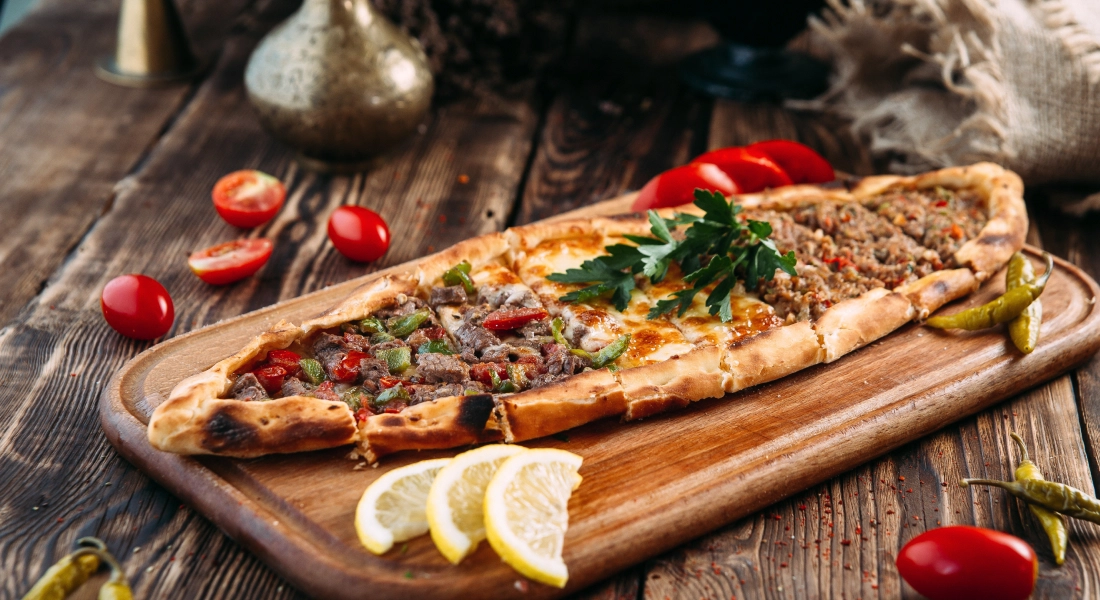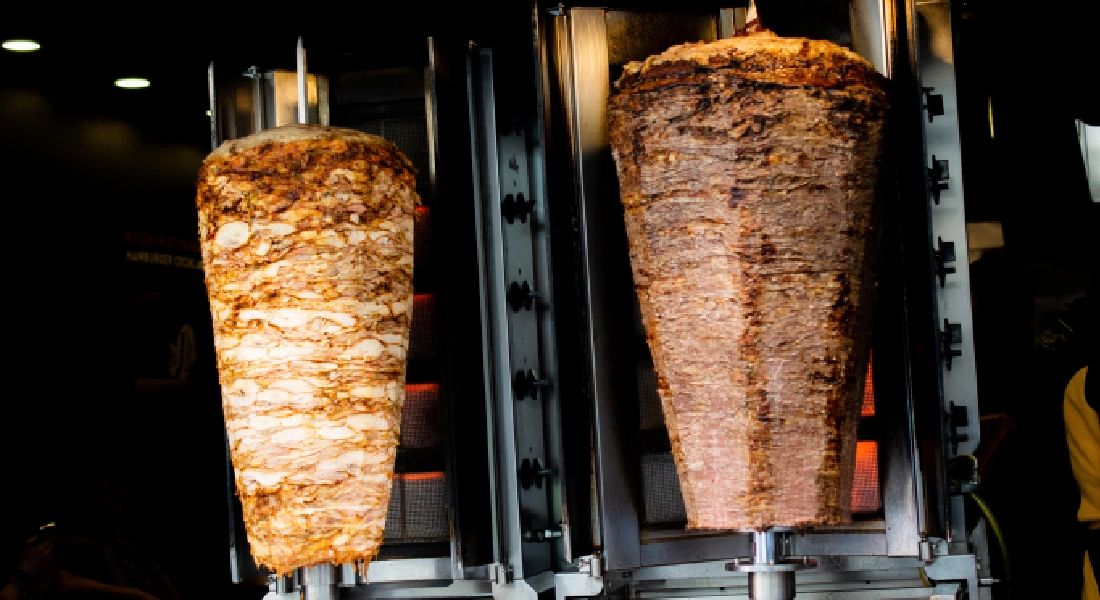Have you ever wondered about the confusion of Halal in Sydney’s bustling food scene? Whether you’re seeking a caterer for an event, wanting to explore Halal food, or just curious about what makes food Halal, this article is your ultimate guide. Let’s embark on this enlightening journey into the realm of Halal compliance, dietary restrictions, and delicious cuisine.
Understand the Principles of Halal Compliance
Diving into the core fundaments of Halal, we need to outline a set of guidelines in adherence to Sharia Law. This encompasses not only a specific method of animal slaughter but also the prohibition of certain ingredients such as pork and alcohol, even in cooking.
The importance of ensuring every ingredient is Halal-certified cannot be overstated, as it is absolutely crucial.
Here are some key principles to consider when choosing a Halal catering service:
- Verification of Halal Certification
- Transparency about ingredient sourcing
- Familiarity with Islamic dietary restrictions
- Flexibility in menu options to cater to diverse tastes
Sydney’s vibrant culinary scene boasts of numerous Halal restaurants listed on platforms like Halal Advisor. This provides a wealth of choices for anyone seeking to hire Halal caterers for events.
In addition to religious compliance, Halal food also promotes a healthy lifestyle, emphasising cleanliness and purity in food preparation. The perception that Halal meats are healthier stems from the specific slaughtering process that maintains purity and cleanliness.
The impact of Sharia Law on Halal food is significant, outlining all permissible foods and preparation methods. This ensures that every meal served adheres to Islamic principles, contributing to a wholesome and satisfying dining experience. In essence, understanding these principles is paramount when exploring the realm of Halal catering.

What makes food Halal: An Islamic Perspective
Approaching the topic from the Islamic angle, we can figure out the factors that present food Halal. One of the essential considerations is the method of animal slaughter. In Halal, the animal must be healthy at the time of slaughter, and all blood should be drained from the veins. Furthermore, the name of Allah must be invoked during the act of taking the creature’s life.
Here’s a simplified list of the key factors:
- Healthy animal: The animal to be slaughtered must be in good health, free from any disease or defects.
- Humane slaughter: The process of slaughtering the animal should be swift and cause the least amount of suffering.
- Drainage of blood: All blood should be optimally drained from the animal’s body.
- Allah’s name: Invoking the name of Allah during slaughter.
- Forbidden ingredients: Certain substances, such as pork and alcohol, are strictly prohibited.
- Cross-contamination: Care should be taken to prevent the mixing of Halal and non-Halal foods.
- Halal certification: Assuring that all ingredients used in the preparation are Halal-certified.
In essence, Halal food requires a holistic approach, respecting both religious guidelines and ethical considerations. This careful attention to detail ensures the food served is not only permissible according to Islamic law but also of the highest quality, contributing to a satisfying and guilt-free culinary experience.
Planning Your Event With Halal Food Catering
When it comes to planning a gathering with Halal Food catering, several factors come into play. Key aspects include ensuring the caterer’s compliance with Halal rules, understanding the guests’ preferences, and selecting a diverse menu that satisfies all.
Halal Catering services range from traditional Middle Eastern cuisine to contemporary international dishes – all prepared under strict Halal guidelines. Consider including fan favourites like Beef Gozleme or Chicken Kebab, alongside unique offerings such as Halal Sushi or Halal Paella.
When choosing your caterer, look for those who understand the intricacies of Halal catering. They should demonstrate careful ingredient selection, proper handling methods, and respect for Islamic dietary laws.
Remember, successful event planning is not only about the food. It’s also about building an atmosphere where everyone feels included and respected. A well-planned event with Halal Food catering can be a wonderful opportunity for guests to explore Halal food in a welcoming environment.
In conclusion, Halal Food catering can add an enriching dimension to your event, honouring traditions while offering a gastronomic adventure.

Selecting the Right Halal Caterer in Sydney
Opting for the best provider of Halal catering in the vibrant city of Sydney can be an important decision, especially when planning an event that requires adherence to Islamic dietary laws. A top-notch caterer needs to have a firm grasp of Halal compliance as per Sharia Law, ensuring that all food preparation and ingredients are Halal-certified.
When exploring options, one must look for experienced Halal caterers who can cater to diverse palate preferences while strictly adhering to Halal guidelines. Evaluating their menu options and understanding their sourcing of ingredients can help in making an informed decision.
Understanding the Health Benefits of Halal Food
Comprehending the health advantages associated with Halal food takes us where food preparation meets both religious principles and wellness goals. The set methods of processing Halal food eliminate contamination and promote cleanliness, contributing to the overall health of consumers.
Notably, the exclusion of harmful ingredients such as alcohol and excess fats makes Halal food a healthy choice for many. The Halal slaughtering process, which involves draining all the blood from the animal, reduces the risk of blood-borne diseases.
Here are some health benefits associated with consuming Halal food:
- It promotes good metabolism due to the high-quality protein content.
- The absence of impurities and harmful substances boosts overall health.
- The method of slaughtering ensures meat freshness and hygiene.
- The prohibition of harmful substances like alcohol and certain fats aids in maintaining a balanced diet.
- Halal food is often natural and organic, free from genetically modified organisms.
- The ethical treatment of animals in the Halal process promotes mental peace and satisfaction.
In essence, the standards of Halal Catering not only ensure religious adherence but also contribute to physical well-being. Hence, it’s fair to say that the benefits of Halal food extend beyond the religious domain, making it a wholesome choice for individuals seeking a healthy lifestyle.

Impact of Sharia Law on Halal Food Outlines
Shedding light on the influence of Sharia Law on Halal food specifics, it’s clear that Islamic principles play a central role in shaping the dietary guidelines. Sharia Law is the backbone of Halal food, ensuring that every ingredient and preparation method aligns with Islamic teachings.
Key impacts include:
- Emphasis on humane slaughtering practices.
- Prohibition of certain food, notably pork and alcohol.
- Stress on overall cleanliness and hygiene during food preparation.
- Mandate to invoke the name of Allah during the slaughtering process.
- Discouragement of harmful substances, promoting healthier food choices.
- Encouragement of ethical animal treatment and fair trade.
These principles are not only vital for religious compliance but also enhance the quality of the food.
Understanding and implementing these guidelines is crucial when planning a Halal event, whether it’s a small family gathering or a large corporate function. The right caterer will guarantee that all these factors are considered, ensuring the served meals are entirely Halal compliant.
The foods prepared according to Sharia law outlines offer diners a meal that is both appetizing and pure, adhering to the highest standards of cleanliness. This, in turn, makes Halal food a wholesome choice, irrespective of religious beliefs, and contributes to a more balanced, nutritious lifestyle.



